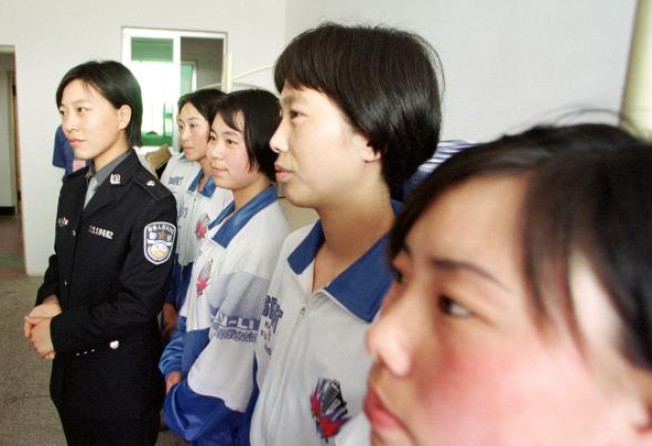Authorities reject report on torture at women's labour camp in Liaoning

Liaoning authorities have lashed back at a news report alleging torture at a women's labour camp, calling the piece phony and containing “malicious attack rhetoric” characteristic of the outlawed Falun Gong group.
A 10-day investigation by a joint panel in northern China's Liaoning province concluded that the article “distorted facts and applied a large amount of overseas Falun Gong malicious attack rhetoric", said Xinhua on Friday. The report gave one-sided and false accounts and had “serious inconsistencies with the truth", the state-owned news agency said, citing the investigation results.
The inquiry was triggered by a report, first published by Lens magazine two weeks ago, giving a rare glimpse inside the Masanjia women's labour camp in Liaoning. Headlined Walking Out of Masanjia, the lengthy report accused officers of torturing and using other inhumane methods on dozens of prisoners. The claims were based on accounts of provincial procurators, former camp officials and former and current prisoners.
Many claims appeared to echo those of Falun Gong. Labelled a “cult” by the Chinese government, the Falun Gong has long accused the government of imprisoning and torturing hundreds of its practitioners in the same labour camp.
Liaoning hit back, saying its investigation found that allegations of corporal punishment were “malicious fabrications”. Some prisoners were treated with measures that were “absolutely righteous", said the investigation, which also acknowledged that inmates were restrained only when they broke prison rules or went on hunger strikes.
Medical examinations also ruled out an inmate’s claim in the Lens article that she was forced to do intense labour even though she was heavily pregnant and close to her expected due date, the investigation said. The panel found the woman was not pregnant at all.
The investigation team also found prisoners’ meal rations, medical treatment, working hours and stipends were all in line with guidelines from the Ministry of Justice, Xinhua said.
The joint panel - consisting of members of the Department of Justice, provincial bureau of labour camp administration and local procuratorial organs - interrogated 116 prison officials and 55 inmates, pored over 73 relevant case documents, conducted field investigation and extracted 663 copies of testimonies, Xinhua said.
Reporter Yuan Ling, who wrote the Lens article, on Monday challenged the government investigation results on his microblog.
"I dare the Liaoning labour camp to sue me and present its evidence in court. If the court rules I made false allegations, I welcome any prosecution. But if my report proves to be true, I would like the court to punish every offical involved in the case including the abusers and concealers," he wrote on his Sina Weibo page.
Earlier Yuan said what happened in Masanjia was not an isolated case. He spent the last five years interviewing labour prisoners across the mainland, he said in an interview over a week ago with China Women’s News, a publication by the All-China Women’s Federation, a Communist Party organisation.
Yuan said he chose to publish the Masanjia story because he sensed the government was considering to reform the notorious labour camps.
The Chinese government has censored Yuan’s original news report, repostings of the article and his interview with China Women’s News from nearly all internet news portals within the mainland, but some copies have managed to continue to circulate among bloggers.